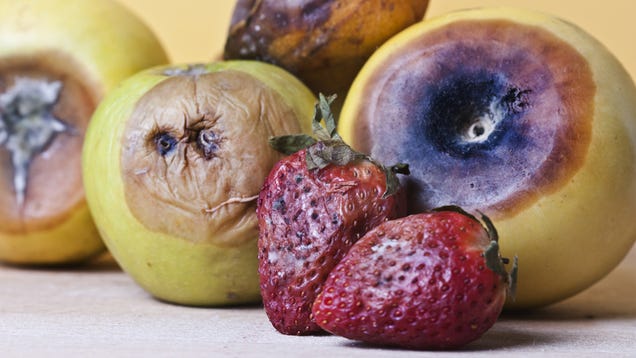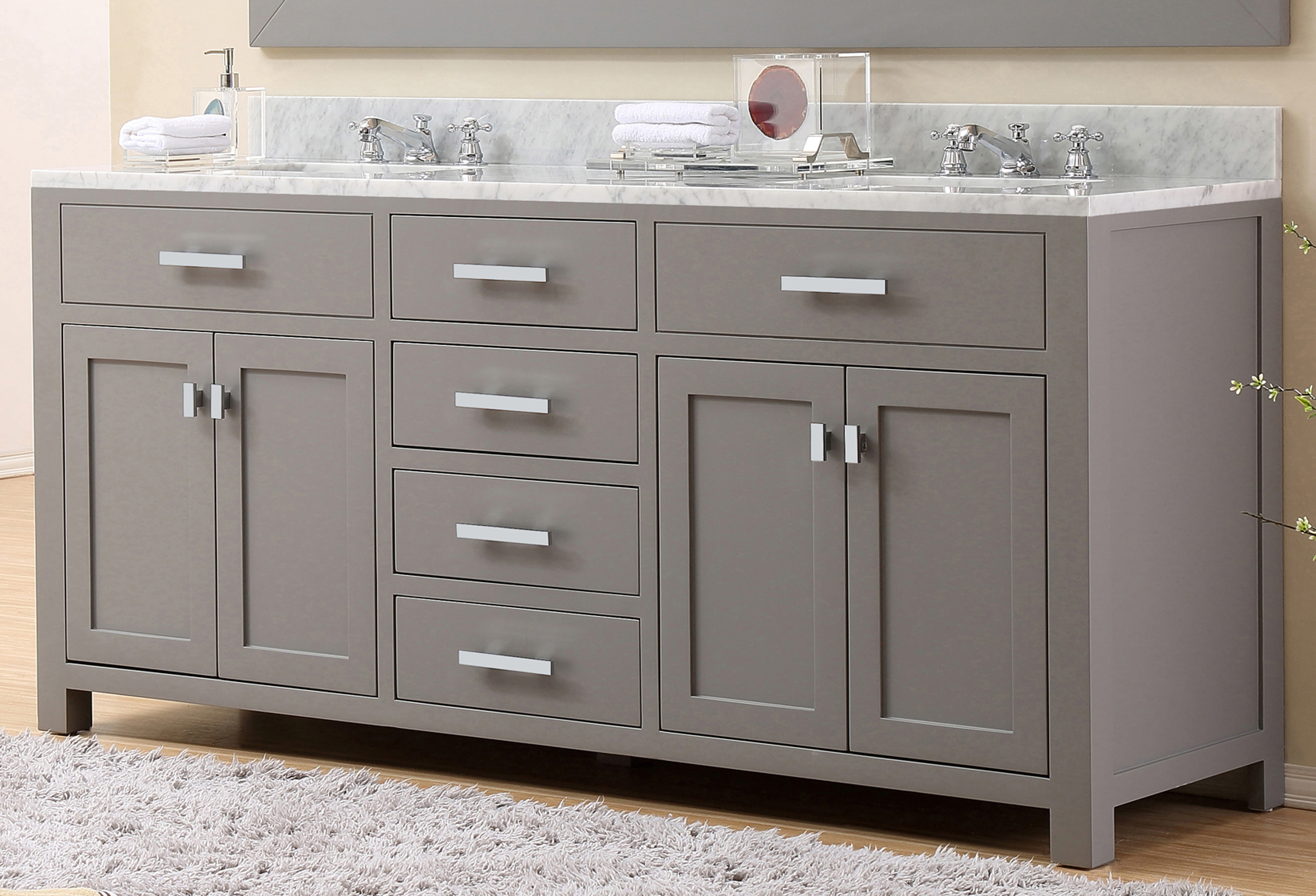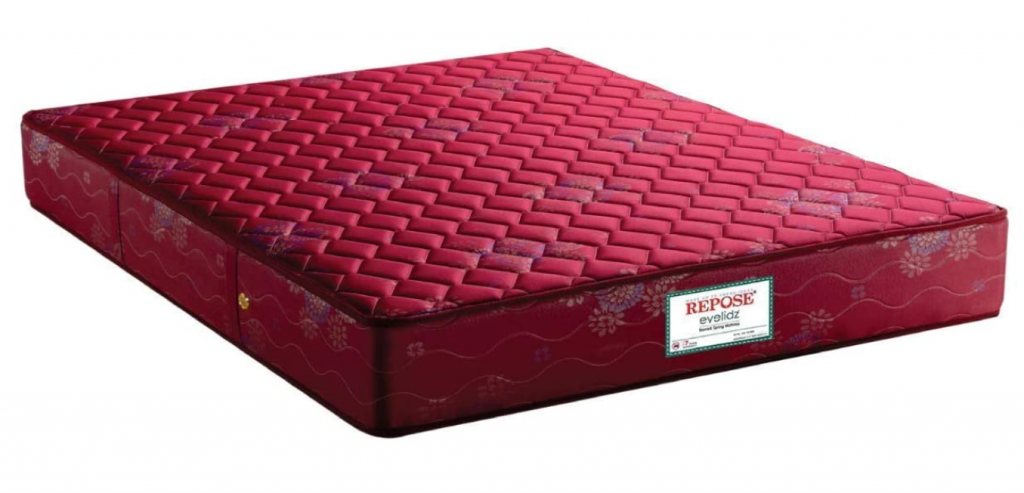If you've noticed a strong sewer smell coming from your kitchen sink, you're not alone. This unpleasant odor can be caused by a variety of reasons, but the most common culprit is a buildup of organic matter and bacteria in your drain. When food particles, grease, and other debris get stuck in your kitchen sink drain, they can start to decompose and produce a foul smell. This can be exacerbated by a lack of proper cleaning and maintenance, allowing the bacteria to thrive and emit a strong sewer smell. To prevent this from happening, make sure to regularly clean your kitchen sink drain and dispose of food waste properly.1. Causes of a Sewer Smell From a Kitchen Sink
If your kitchen sink has a musty smell, it could be due to a buildup of mold or mildew. This can happen if your sink is not properly ventilated, allowing moisture to accumulate and create the perfect breeding ground for mold and mildew. To get rid of the musty smell, start by thoroughly cleaning your sink and drain with a mixture of water and vinegar. This will help kill any mold or mildew spores and eliminate the odor. You can also try using a drain snake or plunger to remove any clogs that may be contributing to the problem. Additionally, make sure to keep your sink and drain dry after use to prevent moisture buildup. Consider installing a ventilation fan or opening a window to improve air circulation in your kitchen.2. How to Get Rid of a Musty Smell in a Kitchen Sink
A smelly kitchen sink drain can be a major nuisance, but fortunately, it's easy to clean and eliminate the odor. Start by pouring a cup of baking soda down the drain, followed by a cup of white vinegar. Let the mixture sit for a few minutes, then flush it out with hot water. You can also try using a mixture of hot water and dish soap to clean your drain and remove any grease or food residue. For a more thorough cleaning, use a drain brush or pipe cleaner to scrub the inside of the drain and remove any buildup. Regularly cleaning your kitchen sink drain can help prevent foul odors and keep your sink smelling fresh and clean.3. How to Clean a Smelly Kitchen Sink Drain
If your kitchen sink has a persistent and unpleasant odor, there are a few things you can do to eliminate it. One effective method is to pour a mixture of hot water and lemon juice down the drain. The acidic properties of lemon juice can help break down any buildup and neutralize the odor. You can also try using a commercial drain cleaner or enzyme-based cleaner specifically designed to eliminate odor-causing bacteria. Just make sure to follow the instructions carefully and avoid using harsh chemicals that can damage your pipes. Regularly cleaning your sink and drain can also help prevent odors from forming in the first place.4. How to Eliminate Odors Coming From Your Kitchen Sink
If you're experiencing a strong sewer gas smell coming from under your kitchen sink, it could be due to a leak in your plumbing system. Check for any visible leaks and tighten any loose connections if necessary. If you can't find any leaks, the odor could be coming from a dry P-trap. The P-trap is a U-shaped pipe under your sink that is designed to prevent sewer gas from entering your home. If this trap dries out, it can allow odors to escape. Simply run some water down the drain to refill the trap and eliminate the smell.5. How to Fix a Sewer Gas Smell Under Your Kitchen Sink
Foul smells coming from your kitchen sink can be caused by a variety of factors, including food debris, bacteria, and mold. To get rid of the smell, start by thoroughly cleaning your sink and drain with a mixture of baking soda and vinegar. You can also try using a mixture of hot water and dish soap to clean your drain and remove any buildup. For a more thorough cleaning, use a drain brush or pipe cleaner to scrub the inside of the drain and remove any lingering odors. Regularly cleaning and disinfecting your sink and drain can help prevent foul smells and keep your kitchen smelling fresh and clean.6. How to Get Rid of a Foul Smell in Your Kitchen Sink
If your garbage disposal is emitting a bad smell, it could be due to a buildup of food waste and bacteria. To get rid of the odor, start by running the disposal with hot water and a few drops of dish soap. This will help clean and disinfect the blades and remove any food particles. You can also try grinding up citrus peels or ice cubes to freshen up your disposal and eliminate any lingering odors. Additionally, regularly cleaning and maintaining your garbage disposal can help prevent unpleasant smells from forming.7. How to Remove a Bad Smell From a Garbage Disposal
A smelly garbage disposal can be caused by a buildup of food waste and bacteria, but it's easy to clean and freshen up. Start by pouring a cup of baking soda down the disposal, followed by a cup of vinegar. Let the mixture sit for a few minutes, then rinse it out with hot water. You can also try using a mixture of hot water and dish soap to clean the disposal and remove any food residue. For a more thorough cleaning, use a bottle brush to scrub the inside of the disposal and remove any buildup. Regularly cleaning your garbage disposal can help prevent odors and keep it running smoothly.8. How to Clean a Smelly Garbage Disposal
If your kitchen sink has a foul odor that smells like rotten food, it could be due to a buildup of decaying food particles in your drain. To get rid of the smell, start by pouring a cup of baking soda down the drain, followed by a cup of vinegar. Let the mixture sit for a few minutes, then flush it out with hot water. You can also try using a commercial drain cleaner or enzyme-based cleaner to break down any stubborn food residue. Remember to regularly clean your sink and drain to prevent future buildup and eliminate odors.9. How to Get Rid of a Rotten Food Smell in Your Kitchen Sink
The best way to prevent and remove kitchen sink odors is to regularly clean and maintain your sink and drain. Make sure to rinse your sink and drain after each use and avoid disposing of large or greasy food items down the drain. You can also try using a mixture of hot water and vinegar to flush out your drain and neutralize any odors. Additionally, regularly cleaning your garbage disposal and running hot water through it can help prevent unpleasant smells. If you notice a persistent odor, it could be a sign of a larger plumbing issue. In this case, it's best to consult a professional plumber for assistance.10. How to Prevent and Remove Kitchen Sink Odors
The Importance of a Clean and Odor-Free Kitchen Sink

Why Does My Kitchen Sink Smell Like Soil?
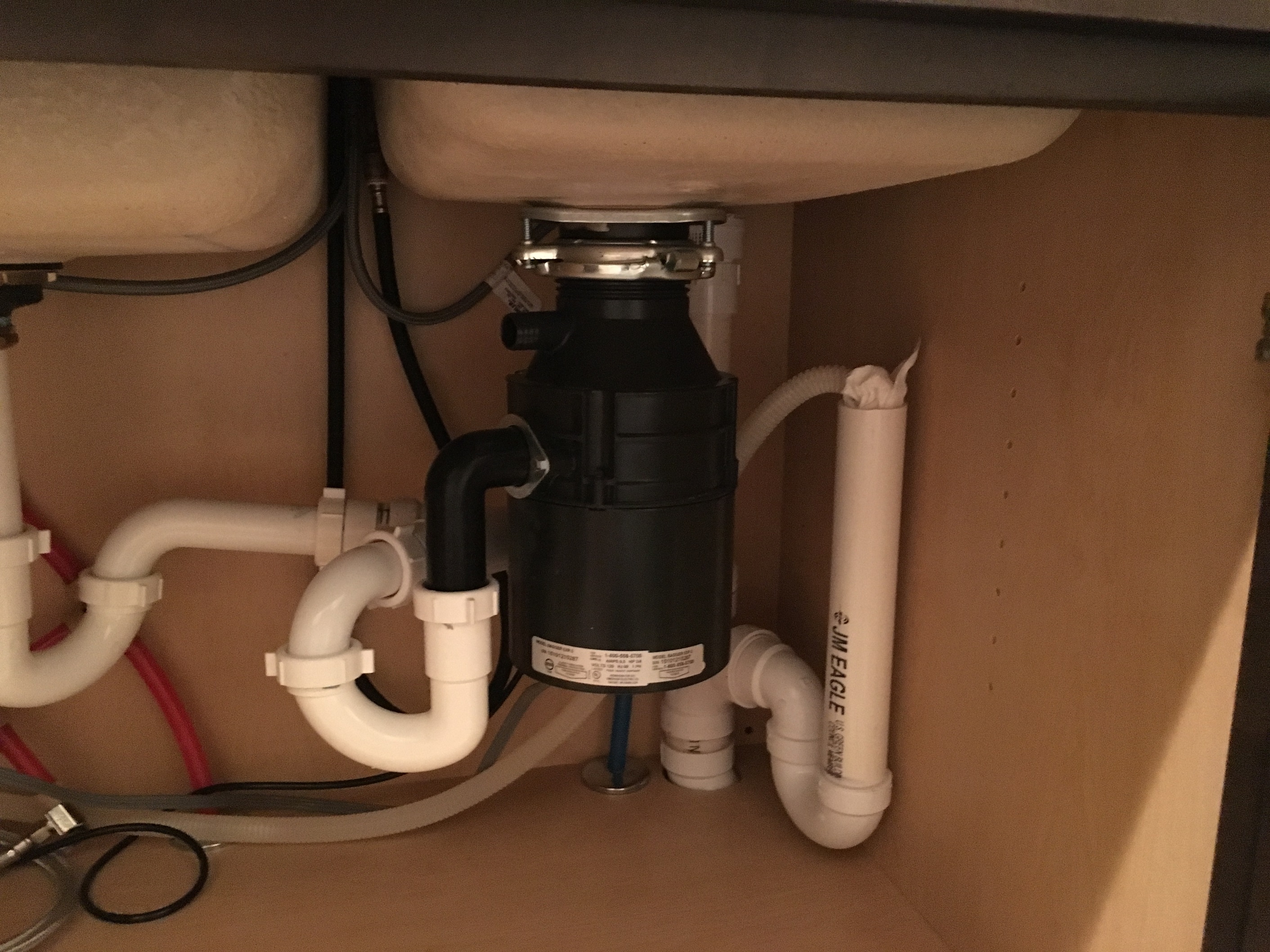 If you've noticed a strange smell coming from your kitchen sink, it's not uncommon to feel concerned and wonder what could be causing it. One common cause of an unpleasant odor in the kitchen sink is a buildup of soil or organic matter in the drain. This can happen over time as food particles, grease, and other debris are washed down the sink and begin to accumulate in the pipes.
So why is it important to address this issue?
Aside from the obvious unpleasant smell, having soil or organic matter in your kitchen sink can also lead to several other problems. These include clogged drains, slow drainage, and even potential health hazards due to the growth of bacteria and mold. It can also attract pests such as fruit flies and cockroaches, which can further contaminate your kitchen and food.
If you've noticed a strange smell coming from your kitchen sink, it's not uncommon to feel concerned and wonder what could be causing it. One common cause of an unpleasant odor in the kitchen sink is a buildup of soil or organic matter in the drain. This can happen over time as food particles, grease, and other debris are washed down the sink and begin to accumulate in the pipes.
So why is it important to address this issue?
Aside from the obvious unpleasant smell, having soil or organic matter in your kitchen sink can also lead to several other problems. These include clogged drains, slow drainage, and even potential health hazards due to the growth of bacteria and mold. It can also attract pests such as fruit flies and cockroaches, which can further contaminate your kitchen and food.
How to Get Rid of the Soil Smell
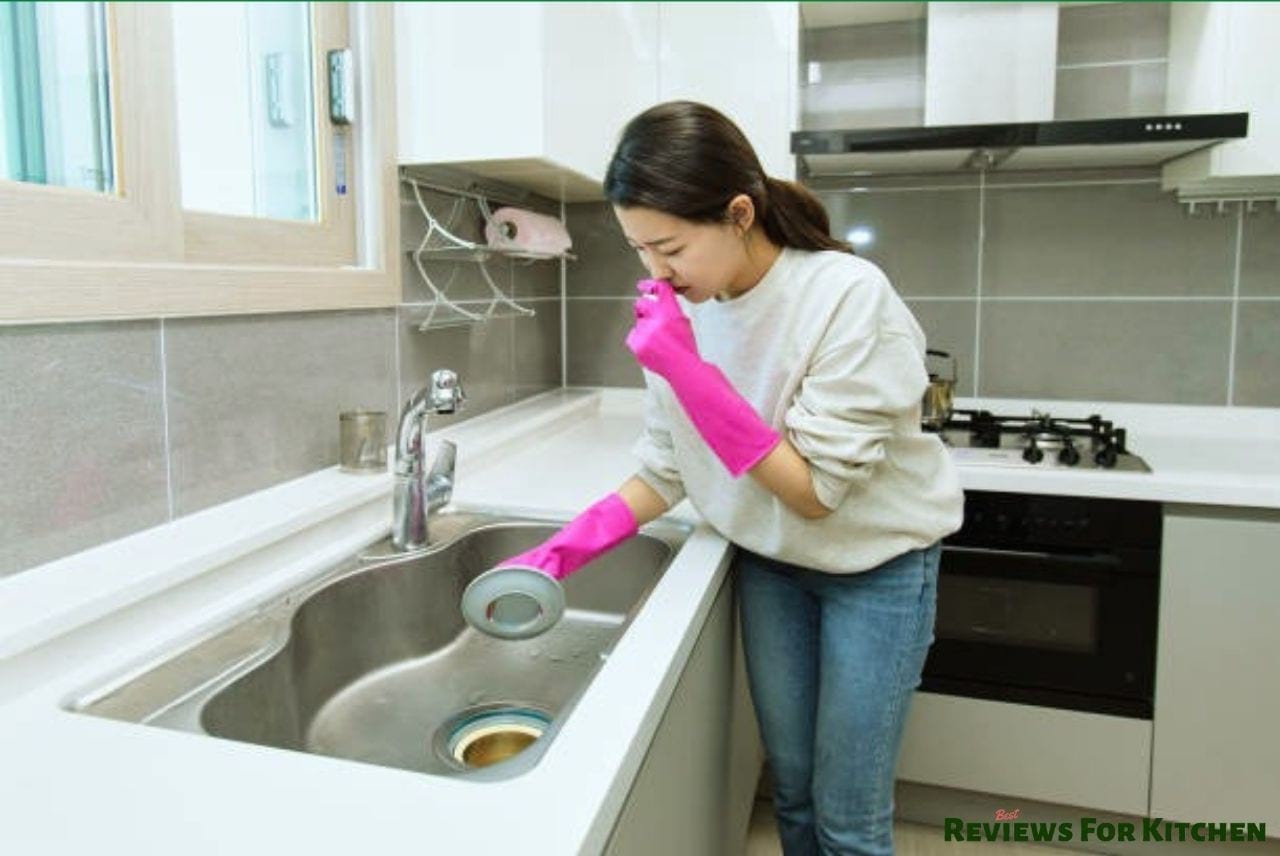 The first step in getting rid of the soil smell from your kitchen sink is to thoroughly clean the drain and pipes. This can be done using a mixture of baking soda and vinegar, which will help break down and dissolve any buildup in the pipes. You can also use a drain snake or plunger to physically remove any debris or clogs.
Prevention is key to keeping your kitchen sink smelling fresh and clean.
Make sure to regularly clean your sink and drain, and avoid pouring grease or large food particles down the sink. Using a sink strainer can also help catch any food debris before it goes down the drain.
The first step in getting rid of the soil smell from your kitchen sink is to thoroughly clean the drain and pipes. This can be done using a mixture of baking soda and vinegar, which will help break down and dissolve any buildup in the pipes. You can also use a drain snake or plunger to physically remove any debris or clogs.
Prevention is key to keeping your kitchen sink smelling fresh and clean.
Make sure to regularly clean your sink and drain, and avoid pouring grease or large food particles down the sink. Using a sink strainer can also help catch any food debris before it goes down the drain.
Other Tips for a Fresh-Smelling Kitchen Sink
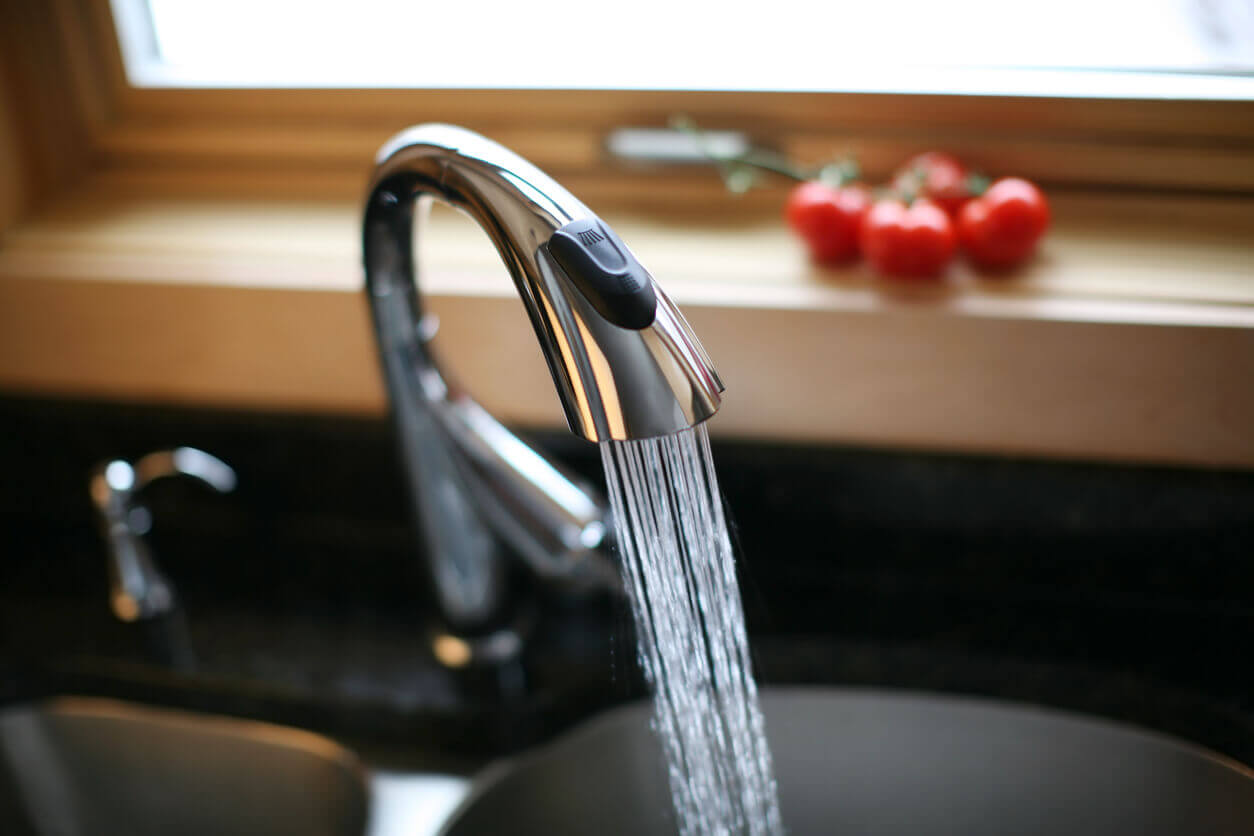 Aside from regular cleaning and maintenance, there are a few other things you can do to keep your kitchen sink smelling fresh. One solution is to pour boiling water down the drain once a week to help dissolve any buildup. You can also use lemon or orange peels to naturally deodorize your sink, or try using a mixture of diluted essential oils for a pleasant scent.
Remember, a clean and odor-free kitchen sink not only keeps your kitchen smelling fresh, but it also promotes good hygiene and prevents potential health hazards.
So don't ignore that soil smell and take the necessary steps to keep your kitchen sink clean and fresh.
Aside from regular cleaning and maintenance, there are a few other things you can do to keep your kitchen sink smelling fresh. One solution is to pour boiling water down the drain once a week to help dissolve any buildup. You can also use lemon or orange peels to naturally deodorize your sink, or try using a mixture of diluted essential oils for a pleasant scent.
Remember, a clean and odor-free kitchen sink not only keeps your kitchen smelling fresh, but it also promotes good hygiene and prevents potential health hazards.
So don't ignore that soil smell and take the necessary steps to keep your kitchen sink clean and fresh.



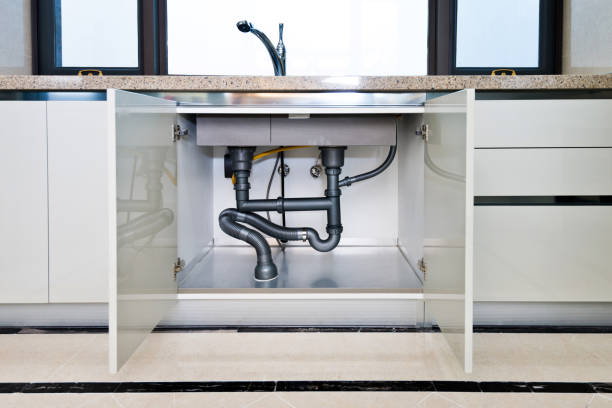

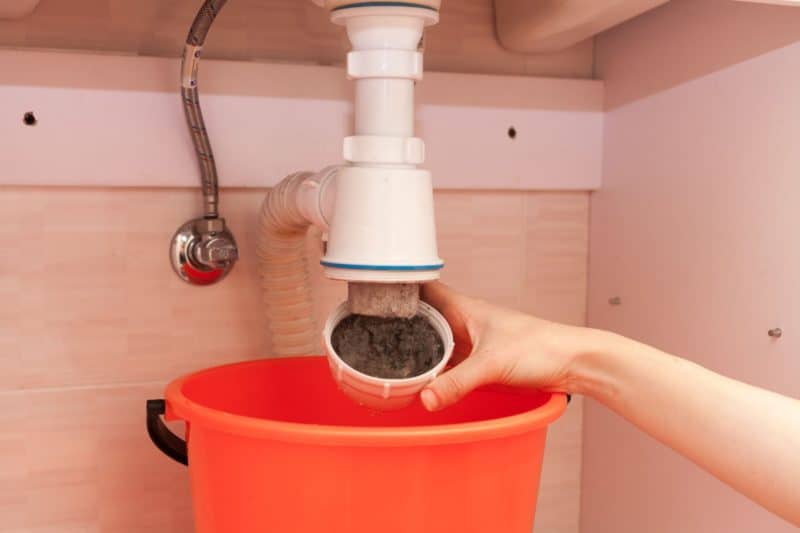







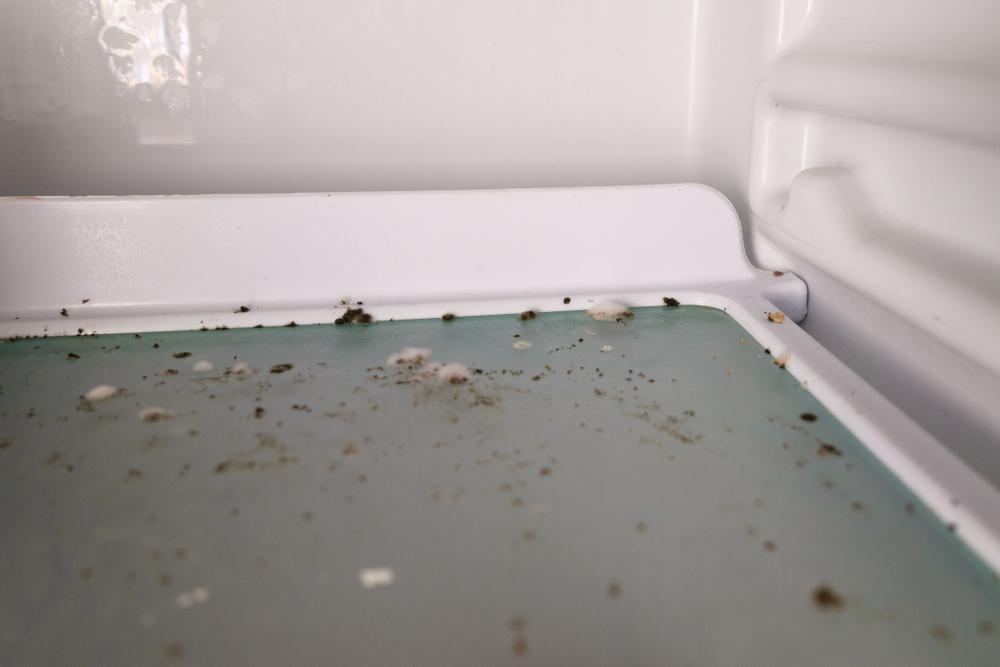
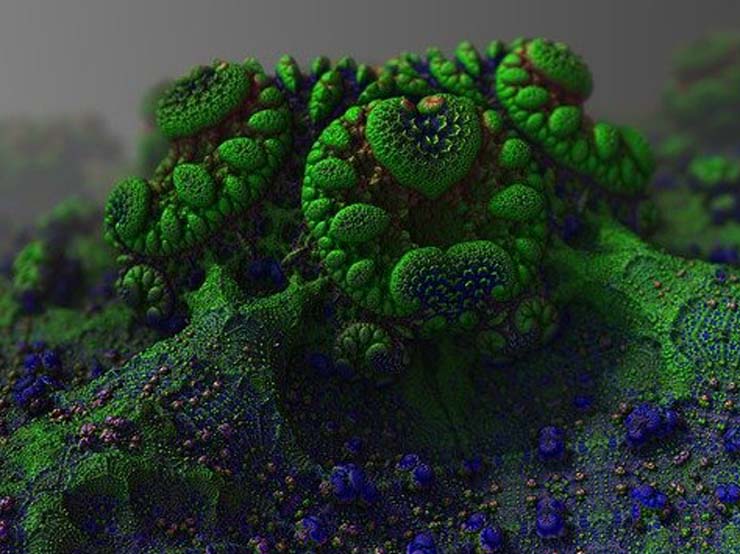




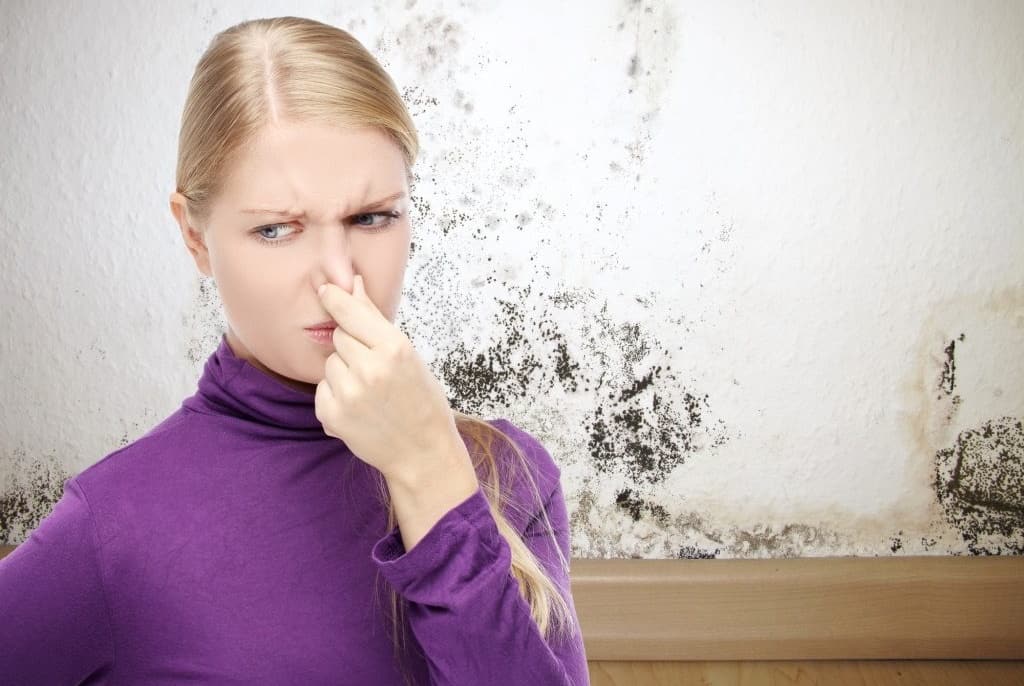


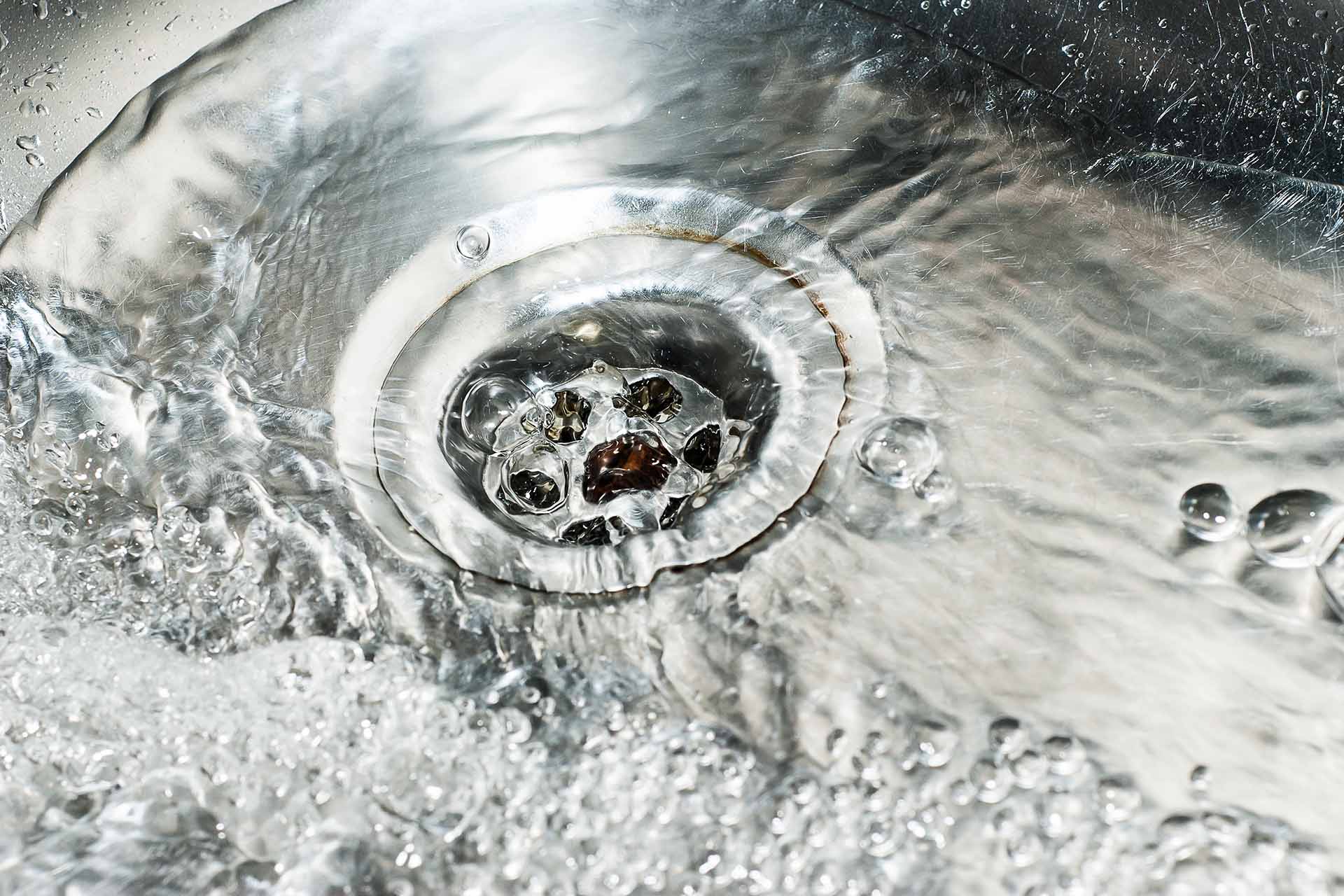





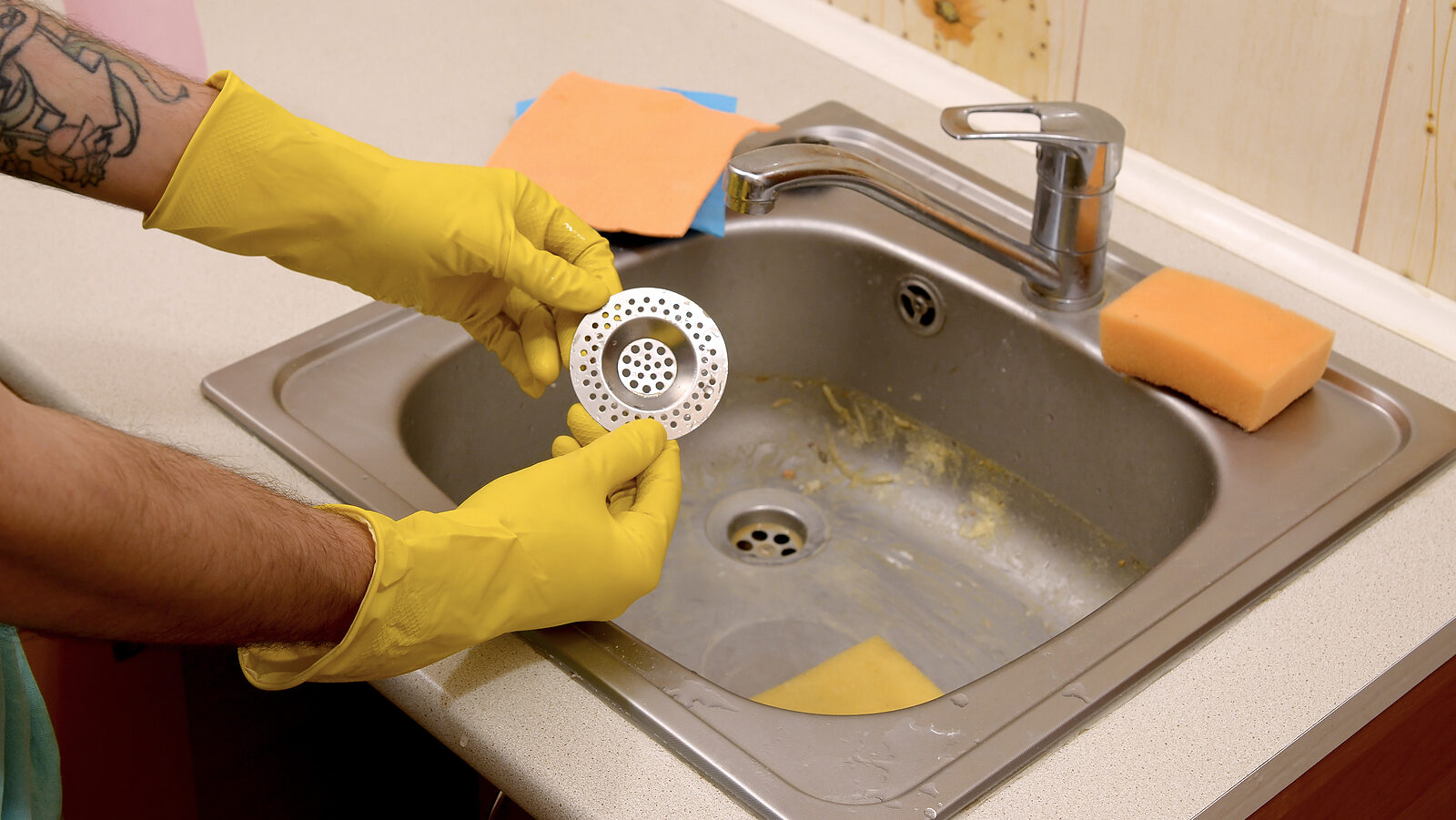



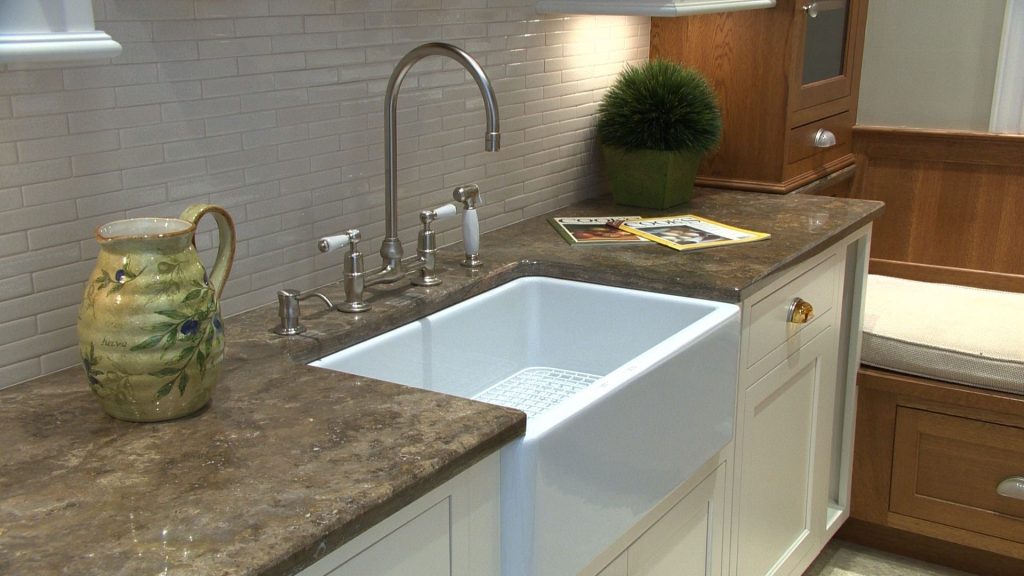
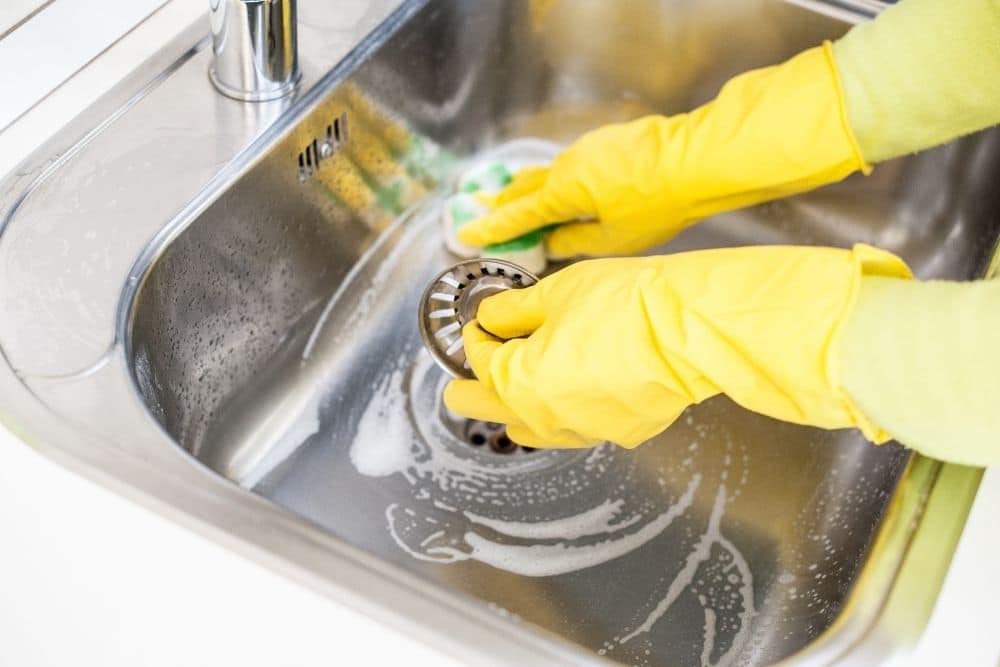




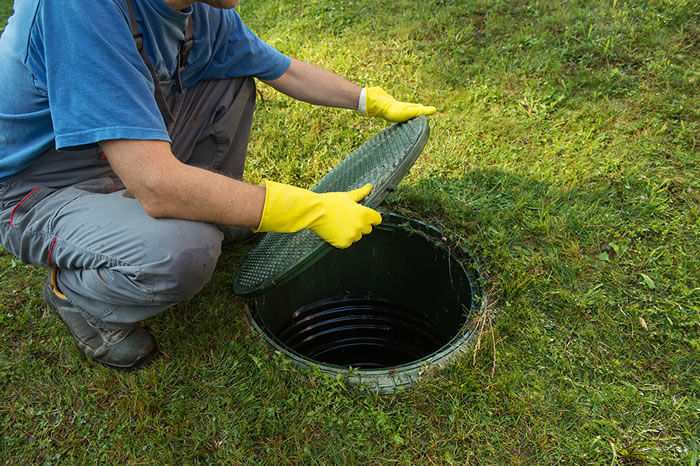


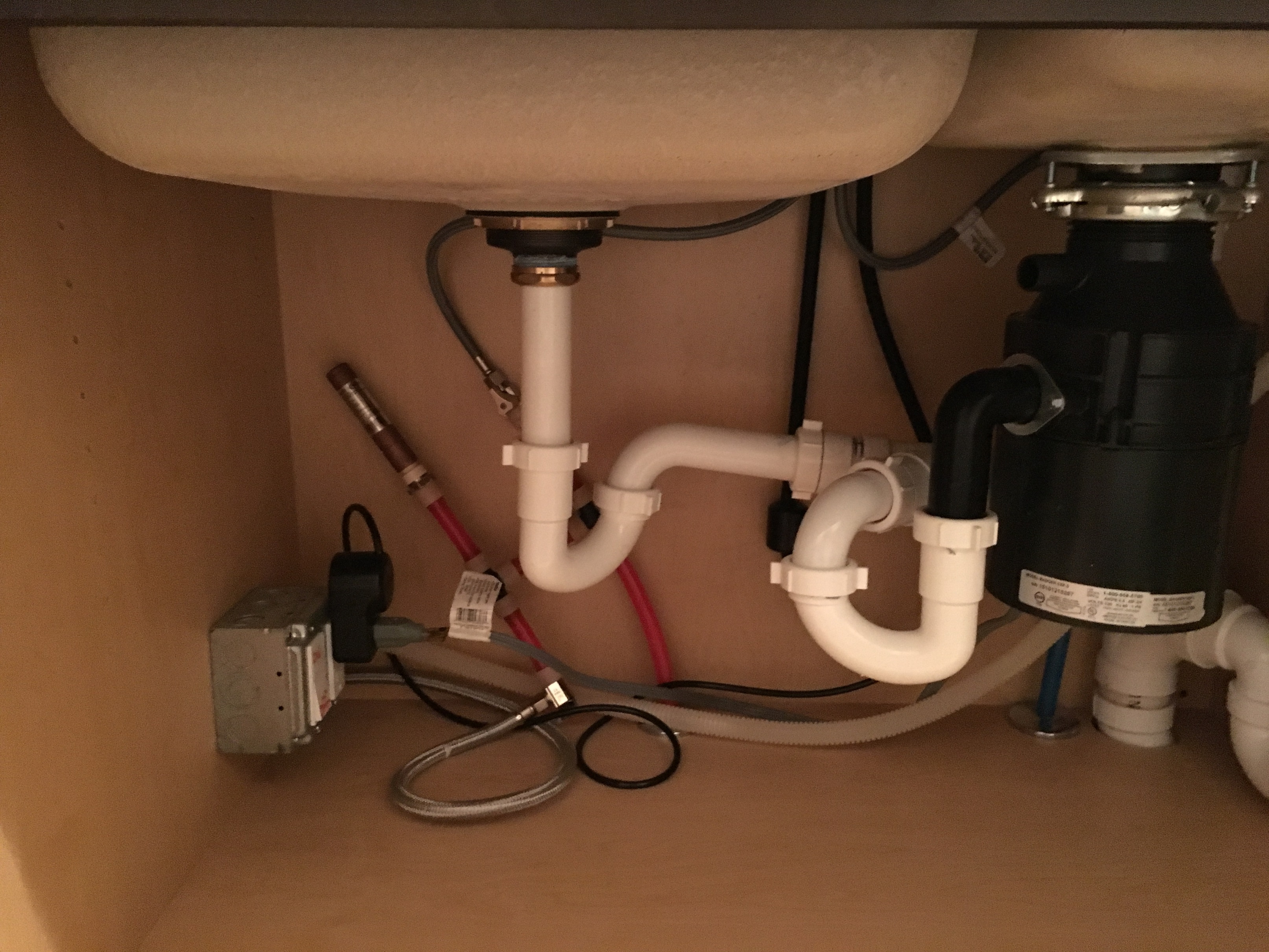










.png)


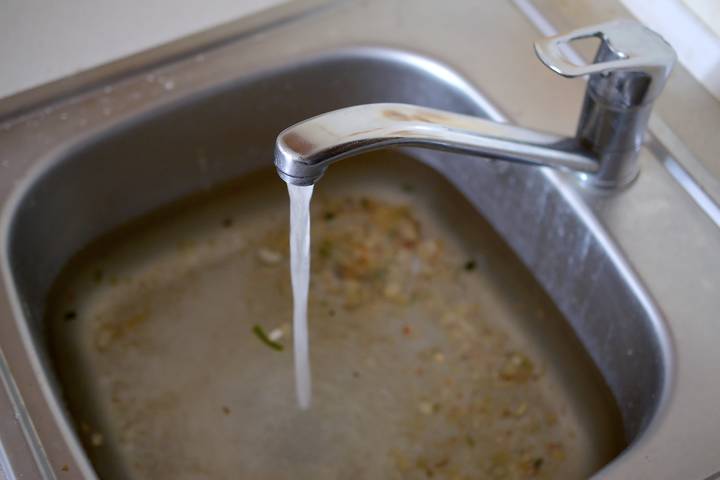



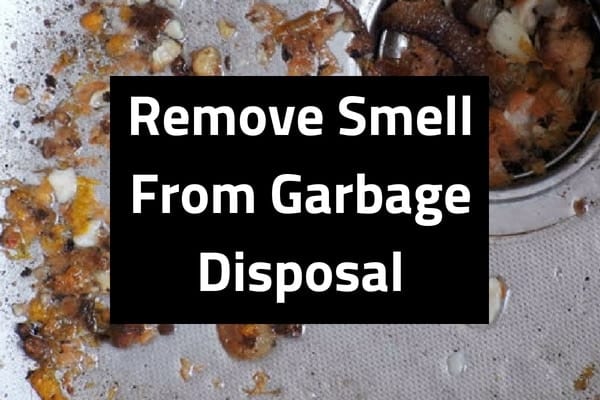
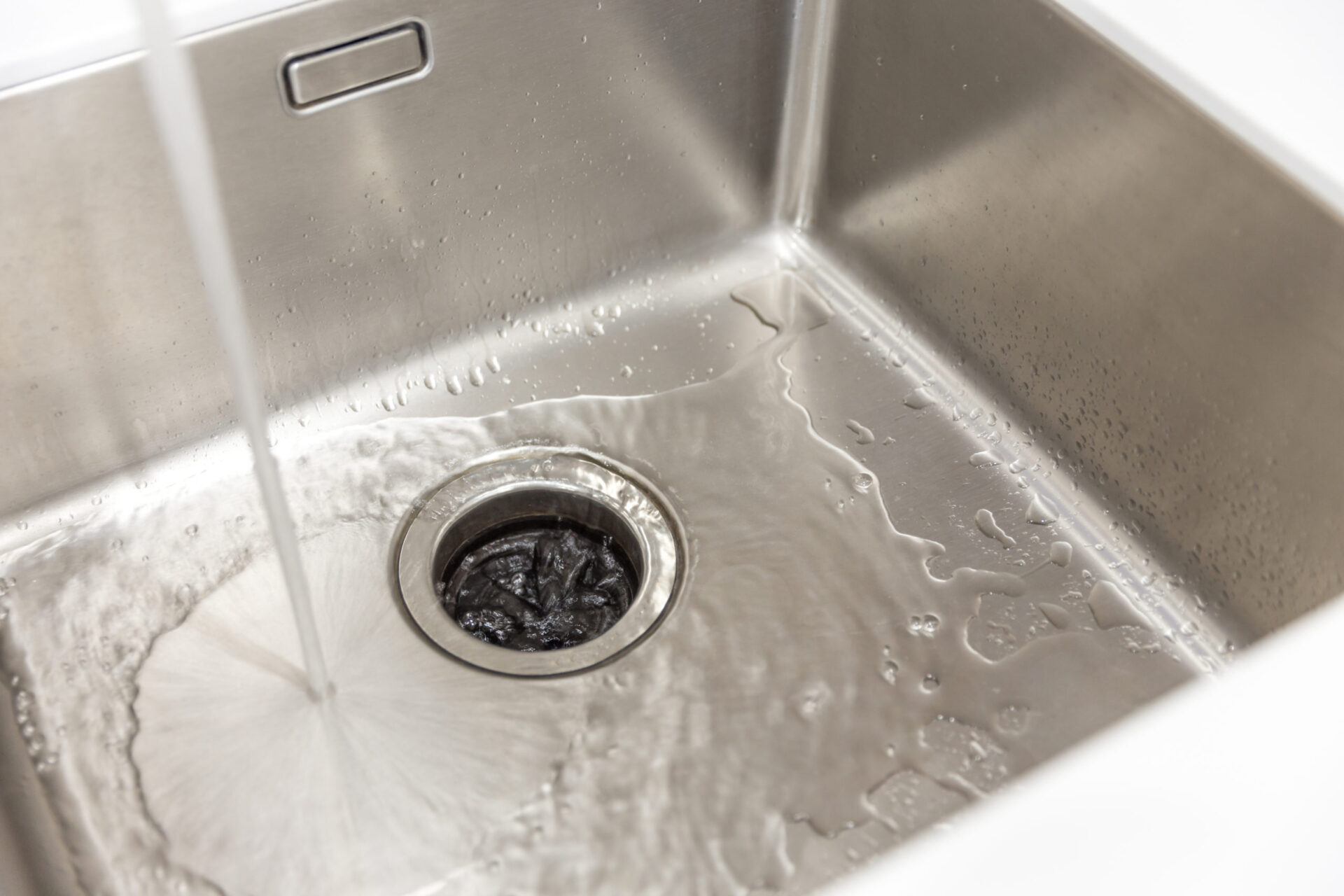

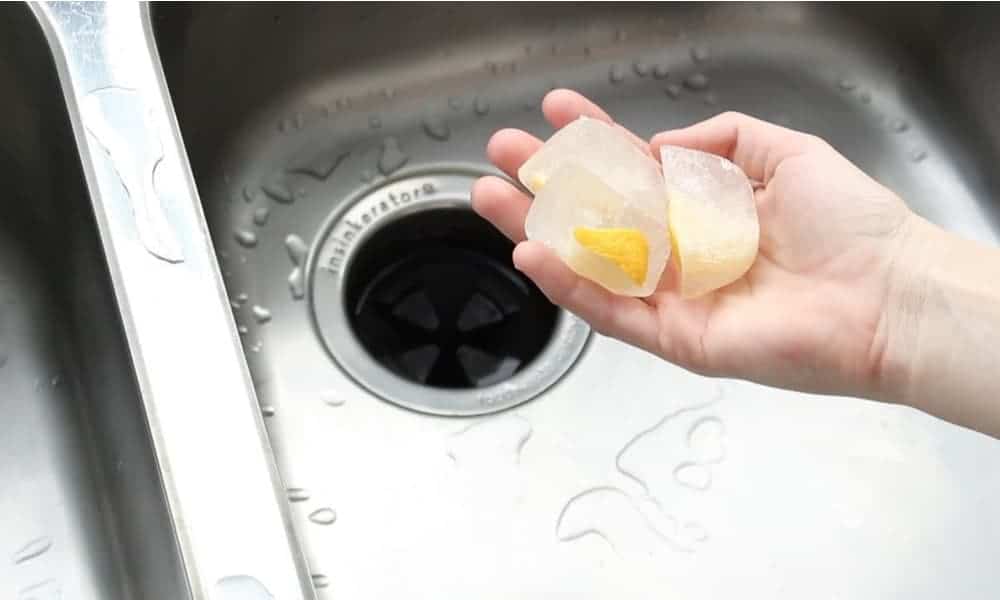








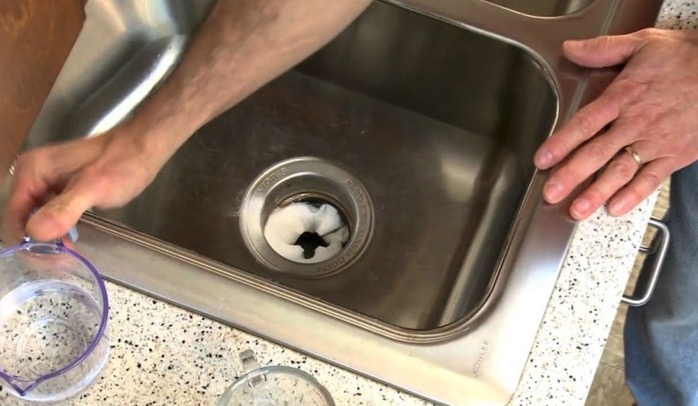
:max_bytes(150000):strip_icc()/How-to-Clean-a-Garbage-Disposal-Refined-Final-098ce78e1bff4f60b95057129a30c09f.jpg)











